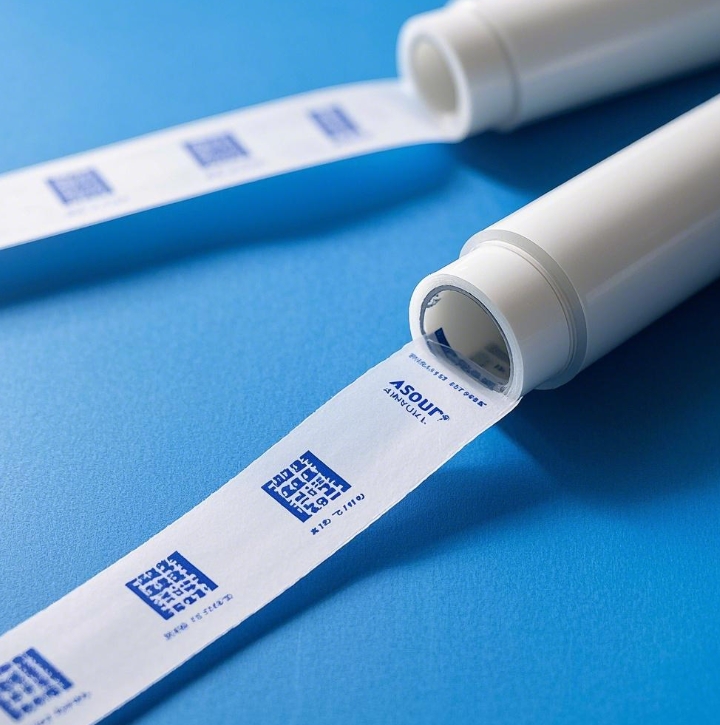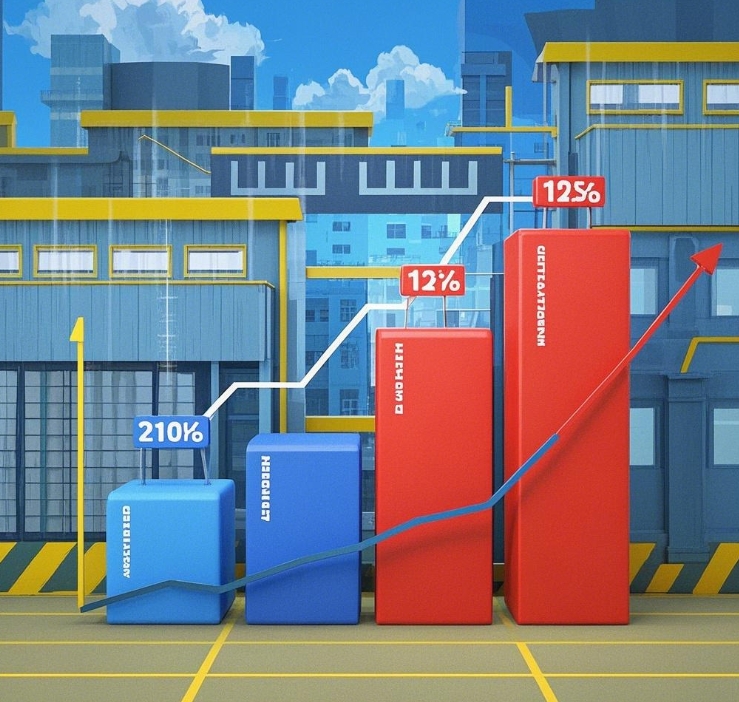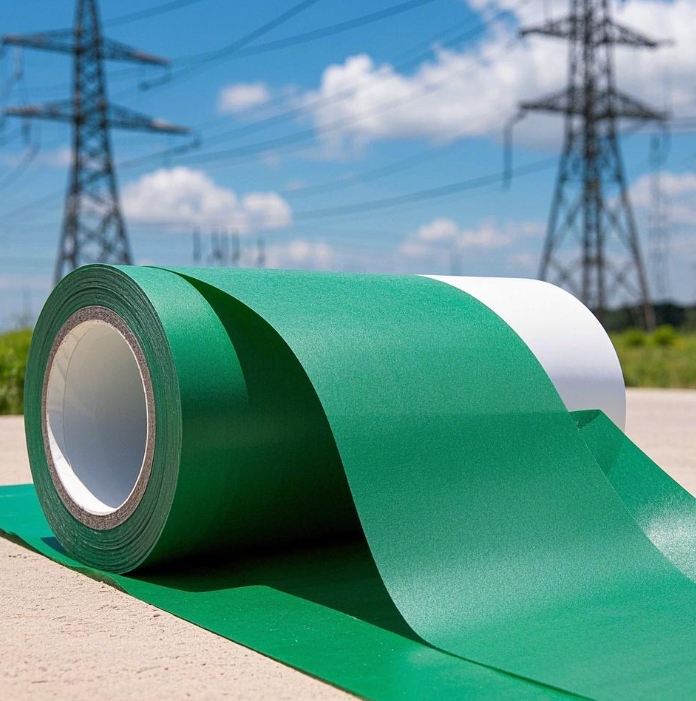



The global battle for high-temperature tapes: cracking the stringent standards of Europe and the United States, reaping the cost-effectiveness of Asia, and tapping into the infrastructure boom in Africa
European and American battlefields: certification wars where each gram of tape is worth more than gold
The European and American markets account for 60% of the global high-end tape market, but the price of the ticket is amazing:
Certification cost: UL certification (US$80,000-150,000), FDA food-grade certification (US$30,000-50,000), REACH compliance (US$12,000/ingredient)
Performance threshold:
Aerospace: temperature resistance ≥500℃ + low outgassing (total mass loss ≤1%)
Automotive electronics: VDA 270 odor test ≤ level 3 + 1000 hours double 85 test
Invisible rules: bonded warehouses must be set up in the United States/Europe to achieve 72-hour emergency replenishment

Breakthrough case: A Suzhou company spent 3 years to overcome NASA's low-outgassing formula, passed AS9100D certification, entered Boeing's supply chain, and the price per meter increased to
8.5
(industry average price
8.5 (industry average price 1.2).
Asia stranglehold: from price competition to ecological niche
Facing the low price impact of $0.3/m³ from Southeast Asian manufacturers, the survival strategy has shifted to:
Strategic dimension Traditional model Upgraded play
Product positioning General tape Specialization in subdivided fields (such as Mini LED packaging tape)
Delivery system 60-day sea transportation Localized warehousing and distribution (Malaysia has a slitting center)
Customer acquisition channel Exhibition + ground promotion Tiktok industrial product live broadcast + WhatsApp smart customer service

Counterattack sample: A Dongguan company focuses on semiconductor wafer cutting tape, binds TSMC Vietnam factory through JIT supply model, and its gross profit margin rises to 45% against the trend.
Africa's new world: dimensionality reduction strike under the infrastructure frenzy
Africa's demand for high-temperature tapes increased by 23% year-on-year, but the product logic needs to be reconstructed:
Extreme cost control:
Replacing polyimide with PET, the temperature resistance is reduced from 260℃ to 180℃
Cancel release film and use kraft paper simple packaging to reduce costs by 32%
Channel revolution:
Connecting with local e-commerce companies such as Jumia (the commission rate is only 8%, 15% lower than traditional agents)
"Bundled sales" with Chinese engineering teams (such as China Railway Construction Project centralized procurement)
Payment innovation:
Accept Mobile Money payment (covering 72% of African SMEs)
Carry out barter trade (exchange tape for chrome ore raw materials)

Global arsenal of the three giants
Digital twin laboratory: simulate global climate conditions and quickly issue localized adaptation solutions
Certification sharing platform: SMEs can use the certification qualifications of leading enterprises by paying an annual fee
Geopolitical hedging: set up "safe haven factories" in Mexico and Turkey to cope with tariff fluctuations
Future battlefield: tape export 4.0 model
Carbon tariff game: develop bio-based polyimide (reduce carbon by 40%) to avoid EU CBAM tax
AI compliance engine: automatically generate technical documents for target countries, and shorten the certification cycle from 18 months to 5 months
Metaverse factory inspection: African customers facilitate transactions through VR factory inspection, replacing costly on-site inspections
The globalization of high-temperature tape has entered the era of "precision strike". Enterprises need to master the molecular ratios in EU laboratories, the cost formulas in Southeast Asian warehouses, and the application scenarios on African construction sites at the same time, and use "hyperlocalization" capabilities to cut new growth poles. Remember: there are no globalized enterprises, only brave people who continue to localize!










